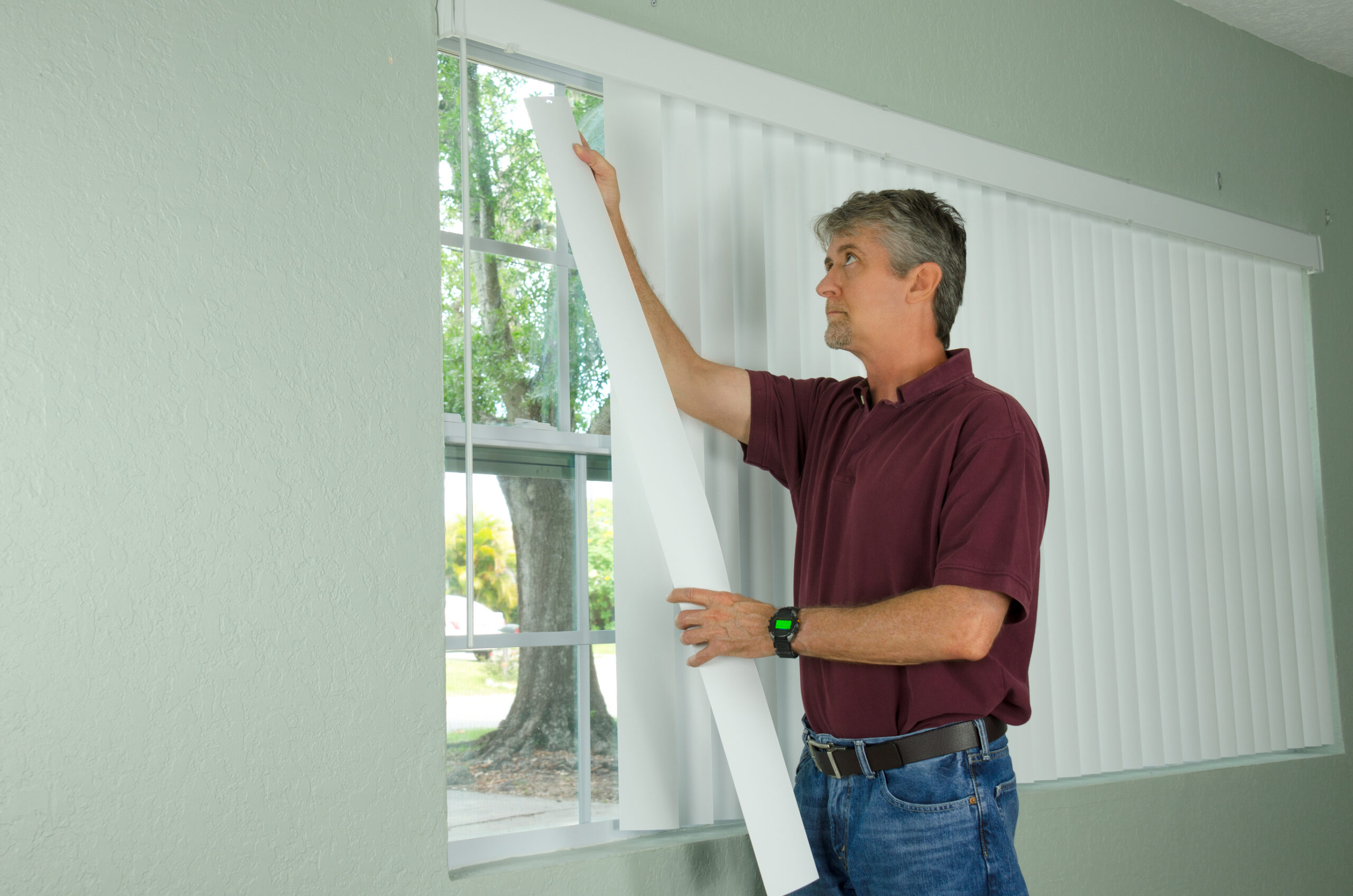If you’ve ever had a hernia, you’ll know it’s something you don’t want to experience again. And if you haven’t – prevention is always better than surgery. Whether you’ve already had hernia repair in Melbourne, want to avoid hernia surgery in Melbourne, or simply want to support your abdominal health as you get older, your lifestyle plays a major role. A colorectal surgeon can support your care if needed, but prevention starts with the choices you make each day.
Here are some simple but effective ways to reduce your risk of developing a hernia.
Maintain a Healthy Weight
Excess weight, particularly around the midsection, puts added strain on your abdominal muscles and connective tissue. This increases the likelihood of hernias developing, especially in areas where the muscle wall is naturally weaker.
Even a modest reduction in weight can lower your risk of recurrence if you’ve previously undergone hernia repair in Melbourne. It also reduces the pressure inside your abdomen, which is key to prevention.
Tips:
- Include whole grains, fruits, vegetables, and lean protein in your meals.
- Avoid fad diets and opt for long-term, sustainable changes.
- Incorporate regular movement like walking, swimming or Pilates into your routine.
Avoid Constipation and Straining
Straining on the toilet due to constipation is a major cause of abdominal pressure. Over time, this repeated strain can contribute to hernia development.
For those recovering from hernia surgery in Melbourne, it’s especially important to manage bowel health to support proper healing and prevent recurrence.
Tips:
- Increase your fibre intake with legumes, fruits and wholegrains.
- Drink plenty of water throughout the day – at least 1.5 to 2 litres.
- Speak with your GP or colorectal surgeon if constipation is a regular issue.
Lift with Care
Improper lifting technique is one of the most common causes of hernias. Whether at the gym, during housework or in a manual job, lifting heavy objects the wrong way puts sudden pressure on your abdominal wall.
Safe lifting tips:
- Bend at the knees, not your waist.
- Use your legs to lift, keeping your back straight.
- Exhale as you lift – don’t hold your breath.
If you’ve had hernia surgery in Melbourne recently, your colorectal surgeon will advise you on when it’s safe to resume lifting and how to do it safely.
Quit Smoking
Smoking weakens connective tissue, reduces oxygen flow to healing tissues, and causes chronic coughing – all of which raise your risk of developing or worsening a hernia.
Australian research has shown that smokers have higher complication rates after hernia repair in Melbourne and other surgeries due to slower healing and a greater chance of recurrence.
Steps to quit:
- Ask your GP about support programs or nicotine replacement therapy.
- Set a realistic quit date and draw up a step-by-step plan.
- Seek support from friends, family or a health professional.
Strengthen Your Core Gently
While high-intensity workouts and heavy lifting can be risky, regular low-impact core exercises help strengthen abdominal muscles and provide natural support to your body.
This can be especially beneficial for people recovering from hernia surgery in Melbourne or those at risk of developing a hernia.
Ideas:
- Try yoga, swimming or light resistance training.
- Focus on exercises that engage deep abdominal muscles.
- Work with a physiotherapist if you’ve had a previous hernia or surgery.
Prevention Starts with You
Although some hernias develop due to unavoidable factors, many are linked to habits you can change. Whether you’re recovering from hernia repair in Melbourne, hoping to avoid hernia surgery in Melbourne, or consulting a colorectal surgeon for early advice, small daily choices can make a big difference. Stay active, manage your weight, lift carefully, and look after your bowel and respiratory health. It’s never too early – or too late – to take steps that protect your core and support long-term abdominal health.





